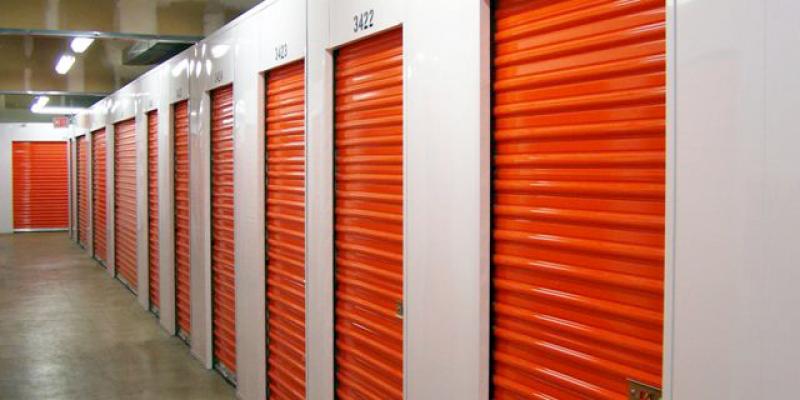
Storage units are especially vulnerable to pest infestations because, unlike a house or an office space, it can be an extended period of time between visits. This means an infestation can grow undetected or spread from unit to unit before any action is taken.
Most pests seek out cluttered, covered spaces to hide, so a storage unit stuffed with boxes, furniture, and knick-knacks can make a very cozy home for them.
Even a small gap can invite rodents; in fact, sometimes they’ll chew through wood, plastic, or drywall and make their own entryway. Because rodents can reproduce quickly, a small infestation can become a big problem in a matter of weeks. Not only can rats and mice damage your stored possessions, but they can be a significant health risk, spreading diseases like salmonella.
Luckily, the Arizona rodent control professionals at Defense Pest Control are here to share some of their best tips to keep rats and mice from wreaking havoc in your storage unit.
Find a New Home for Perishables
Rodents have been known to tear through cardboard boxes to get to whatever is inside. In fact, one of the most common reasons people find themselves up against serious rodent infestations is because they are storing materials that are very attractive to pests.
Most people know that they shouldn’t store food items in their unit, but don’t realize that things like living plants, scented candles, and potpourri can attract rodents, tool. That macaroni photo frame your children made you in preschool, or the pumpkin spice candle you won’t need until next Fall still smells like food to mice and rats.
Paper or Plastic?
It may be cheaper to stock up on cardboard boxes to store your items, but it can also put your possessions at a greater risk. Rodents won’t be deterred by a layer of cardboard - they’ll just chew right through it.
Plastic tubs are more difficult for pests to get into. They are also more space-efficient and reduce clutter, making your unit less attractive to rodents. Additionally, they can protect your important belongings from water damage.
Pro tip: If you’re storing soft items that won’t fit in a bucket, like upholstered furniture, soft pillows, or curtains, cover them with a sheet of plastic. This will protect them from sharp claws and rat droppings, should an infestation occur.
Know Your Rights
Before you agree to lease a unit, make sure you know what the pest policies are. High-quality storage centers will have preventative service agreements with pest companies to treat the perimeter of the facility, making it harder for pests to move from unit to unit or get inside in the first place. Regular treatments from a pest professional can limit risk factors and identify an infestation before it can spread.
If your facility doesn't offer this, it's recommended to get a pest professional as soon as you suspect a problem. They are going to be able to assess the extent of your problem, help you with treatment, and offer suggestions to prevent further damage from occurring in the future.
Your storage unit shouldn’t double as a rat motel
You don’t have to let rodents share your storage space. With a few smart moves, you can keep your belongings protected from pest invasions while they’re stored.
You also don’t have to let rodents share your home!
If rats and mice are making you feel uncomfortable in your house or are putting your belongings at risk, call on the pest control experts at Defense Pest Control for help.

